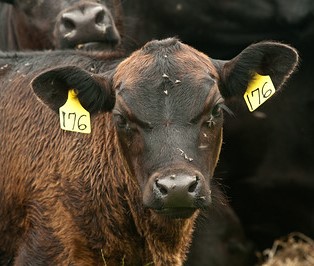A Scottish study finds no link between COVID-19 vaccination or infection of pregnant women and major congenital anomalies in their babies.
The nationwide study, led by University of Edinburgh and Public Health Scotland researchers, was published late last week in Nature Communications.
The team analyzed the electronic health records of babies whose mothers had received the Pfizer/BioNTech (73.7%) or Moderna (7.9%) mRNA COVID-19 vaccine after Dec 8, 2020.
The May 2020 to April 2022 study aimed to identify any association between congenital anomalies (structural or functional abnormalities at birth) and maternal vaccination or SARS-CoV-2 infection from 6 weeks before conception to 20 weeks' gestation. All fetuses or babies had reached at least 12 weeks' gestation by the time of live birth, miscarriage, stillbirth, or abortion.
Findings provide reassurance
Among the 6,731 babies of vaccinated mothers, 153 (2.3%) had any anomaly, and 120 (1.8%) had a nongenetic anomaly. Of the 20,193 babies of unvaccinated women, 467 had any anomaly (2.3%), and 375 (1.9%) had a nongenetic anomaly.
Of the 1,574 babies of infected mothers, 32 (2.0%) had any anomaly, and 26 (1.7%) had a nongenetic anomaly. Of the 4,722 babies of uninfected mothers, 85 (1.8%) had any anomaly, and 72 (1.5%) had a nongenetic anomaly.
Vaccination remains the best way for women to protect themselves and their babies from the known risks of SARS-CoV-2.
Primary analyses identified no link between vaccination and any anomaly (adjusted odds ratio [aOR], 1.01) or nongenetic anomaly (aOR, 1.00) or between infection and any anomaly (aOR, 1.02) or nongenetic anomaly (aOR, 0.94).
When the exposure window was narrowed from conception to 10 weeks' gestation, there was still no link between vaccination or infection and anomalies.
"This supports current policy and clinical advice that vaccination can be given at any stage of pregnancy and to women planning to become pregnant, and that vaccination remains the best way for women to protect themselves and their babies from the known risks of SARS-CoV-2 infection in late pregnancy," the researchers wrote.












